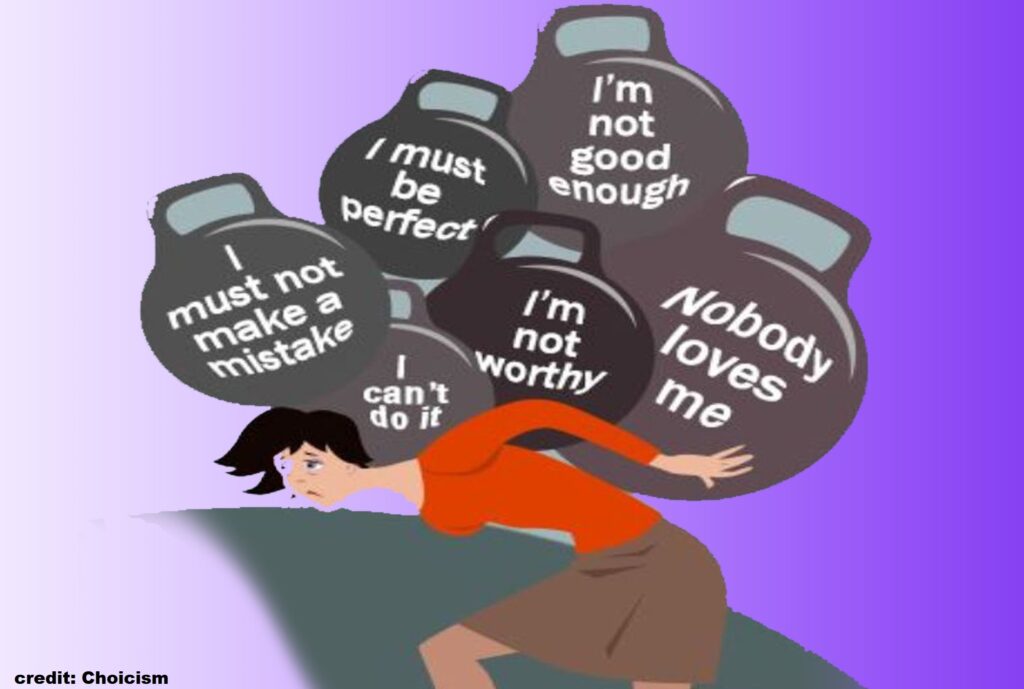Everyone should be respected as an individual, but no one idolized - Albert Einstein
Fan wars on social media, especially in economically budding countries like India—whether they revolve around favorite actors, politicians, sports personalities, or even religious figures—have become increasingly aggressive and toxic. The rise of social media platforms like Twitter, Instagram, and Facebook has made it easier than ever for fans to come together, but it has also created a breeding ground for conflict. These battles, where people ruthlessly attack anyone with opposing views, are often fueled by a mix of intense loyalty, low self-awareness, and sometimes even personal insecurities. Let's see what ignites this:
Identity and Validation: Many people tie a significant portion of their identity to the personalities they admire. For them, when someone criticizes or opposes them, it feels like a personal attack. This happens because they’ve invested part of their self-worth in someone else’s achievements or character.
Social Media Amplification: Social media platforms can amplify emotions like anger and outrage. A single negative comment can quickly escalate, with people piling on in a desire to feel validated by others with similar beliefs. Retweets, likes, and comments create an echo chamber, and that reinforcement can push people to adopt more extreme views or even engage in threatening behavior.
Escapism and Connection: Especially for younger fans, following a celebrity or political figure can provide a sense of belonging, purpose, or escape. It may be easier to passionately defend someone else than to address personal struggles, and this distraction can turn into obsession.
Low Self-Esteem: A lot of the behavior seen in these fan wars stems from low self-esteem. People who lack a solid sense of self are more likely to latch onto an external identity or figure and defend it aggressively when they feel it’s threatened. When someone’s self-worth is tied to an external idol, any criticism feels like a direct attack on them.
Psychological Factors: While fan behavior can sometimes be extreme, it isn’t necessarily a clinical disorder. However, traits associated with Narcissistic Personality Disorder, Borderline Personality Disorder, or obsessive-compulsive traits may exacerbate fanatical behavior. When fan behavior becomes aggressive or violent, it could be a sign of underlying emotional struggles, particularly related to self-image and insecurity.
Why this is to be addressed ASAP:
Harassment and Threats: Fan wars can escalate to the point where people issue threats of violence, even threatening family members. R*pe and mu*der threats are unfortunately not uncommon. This behavior is deeply harmful and reflects a lack of empathy, as well as a lack of understanding about the legal and social consequences. Out of excitement, these guys bring out that animal inside them.
Damage to Mental Health: Engaging in constant arguments and conflicts online can lead to increased stress, anxiety, and even depression. For some people, social media fan wars become so intense that they start affecting their real-life relationships and responsibilities.
What Can Be Done?
Promoting Self-Awareness and Emotional Intelligence: One way to combat toxic fan culture is by encouraging people to develop a stronger sense of self. Understanding why they feel so intensely about certain topics can help people manage their emotions and reactions. Practicing empathy and compassion can also help them see that everyone has a right to their own opinions.
Digital Literacy and Responsible Use: Education around digital literacy can be incredibly helpful. Teaching people, especially younger users, how to engage respectfully online and the consequences of aggressive behavior can curb some of the more harmful aspects of fan culture.
Read extensively: Reading books related to variety of topics builds immense knowledge and ultimately wisdom. Never stick yourself to one specific "Ism" than humanism. Study everything and don't get driven away by everything. Try becoming Rational.
Mental Health Support: Schools, workplaces, and communities could provide more mental health support. Many fan wars are an outlet for deeper emotional issues, and addressing those can be a key step in reducing extreme behavior.
I'll end this with something really important:
India's demographic dividend presents a unique opportunity for economic growth, thanks to a large, young, and expanding workforce.
India currently benefits from this demographic structure, as over 65% of its population is below the age of 35. This demographic advantage can lead to increased productivity, innovation, and economic development if effectively managed. However, realizing this potential requires strategic planning and achieving this vision requires a strong commitment to social, economic, and policy reforms.
It’s a complex challenge- promoting a balanced approach among the youth and turning them into real assets of the nation, while they are busy fighting on social media. But,self-awareness, empathy via the same channels can help in making it a healthier and more positive place for the youth and it in turn helps in building India, that we all dream to see. Jai hind!!







👏🏻👏🏻
ReplyDeleteNuv chesedi fanwars kada erripuka, malli blog anta puk gadu.. irony chudu tammudu
ReplyDeleteNi lanti double minded gala valla society ki kadhu kada mi intlo valaki kuda em upayogam ledhu